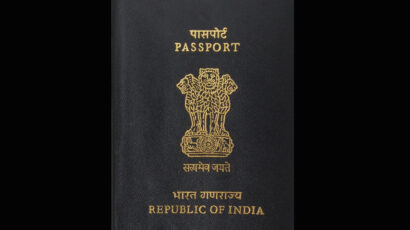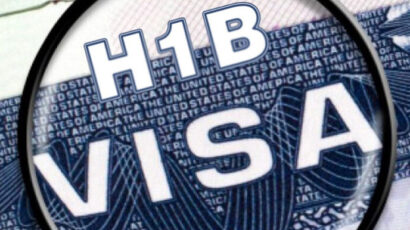Low-income US immigrants are scared to avail of govt. benefits, assistance during pandemic – report

A report by the Urban Institute in the U.S has revealed that low-income immigrants in the US, who have been reeling under the coronavirus pandemic induced hardships, have not been able to procure government benefits and other assistance due to immigration-related concerns.
According the report, the coronavirus pandemic has negatively affected about half of adults in low-income immigrant families or a family member’s employment (51.8 percent).
More than 4 in 10 adults in low-income immigrant families (41.4 percent) reported food insecurity in the past year. More than 1 in 4 reported problems paying family medical bills (26.8 percent) or that a family member did not get needed medical care because of costs (25.7 percent) in the past year. More than 1 in 5 reported problems paying rent or a mortgage (21.7 percent) or utility bills (22.6 percent), the report said.
Many adults in low-income immigrant families reported being worried about paying for basic needs in the next month, including having enough to eat (43.2 percent) and being able to pay rent or a mortgage (50.8 percent), utility bills (49.1 percent), or medical costs (52.1 percent).
Adults in low-income immigrant families with green card holders and those in such families with non permanent residents were more likely than adults in families with naturalized citizens to be worried about meeting many of these needs in the next month.
Despite facing hardships, more than 1 in 4 adults in low-income immigrant families (27.5 percent) reported they or a family member avoided non cash benefits or other help with basic needs because of green card or other immigration concerns in 2020, the Urban Institute report revealed.
According the report, adults in families with non permanent residents were more likely than adults in other low-income immigrant families to report these chilling effects (43.9 percent).
More than 1 in 8 adults in low-income immigrant families reported that someone in the family avoided a nutrition program (13.2 percent), almost 1 in 9 reported avoiding a health program (10.9 percent), and just under 1 in 10 reported avoiding a housing assistance program (9.8 percent).
Adults in families with nonpermanent residents were more likely to have experienced chilling effects for each type of assistance: 22.0 percent reported avoiding a nutrition program, 18.2 percent reported avoiding a health program, and 17.0 percent reported avoiding a housing assistance program.
Adults reported avoiding programs targeted by the expanded public charge rule, such as SNAP, but also avoided programs excluded from the rule, such as unemployment insurance, free or low-cost medical care for uninsured people, and emergency rental assistance, the Urban Institute report said.















